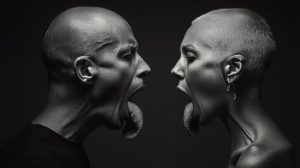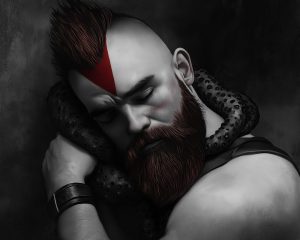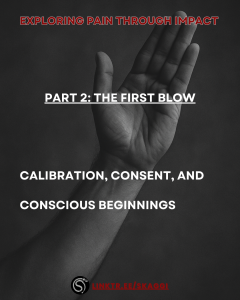As a transman, and the one who’s identified as male for as long as I’ve been conscious, I’ve always felt like an outsider. The different one.
After puberty, one thing became clear: I’d been given at least one blessing as a transman – naturally high testosterone. I first saw Freaks (1932) around the same time my beard started growing, and it hit a sweet spot I didn’t fully understand at the time.
Freaks is a pre-Code film set in a travelling circus sideshow, where people with visible disabilities and bodily differences live and work together as a tight-knit community. It was sensationalised and caused controversy at the time, but the message at its core was clear: real monstrosity comes from cruelty, betrayal, and exploitation, not from bodies. The film treats physical difference with quiet dignity and shows what it means to belong fiercely to your own kind. In that world, being a “freak” isn’t just about being marked as other, it’s about claiming that space fully.
When I first watched it, I remember thinking that if I’d been born a hundred years earlier, I could easily have shared that kind of life.
I found my way to kink fairly young, in the early 90s, in gay male spaces when AIDS was still taking elder role models from us. Those years shaped me. I was handed the leather and tribal values that still guide me today: honouring your word, standing by your chosen family, showing up when it matters, and respecting those who teach and lead with integrity. It’s about resilience, loyalty, mutual care, and understanding that strength is built through community, not ego.
For me, Freaks was never just a film. It became first a mirror, then a blueprint. What I saw wasn’t just a group of outsiders, it was a community that refused to let the outside world define their worth. That’s where the connection to tribal and leather values runs deep for me. Both worlds recognise that true belonging isn’t handed down, it’s built. It’s forged through shared hardship, trust, and the kind of bond you only understand if you’ve lived outside the lines.
The tribe in Freaks lived by its own code, protecting its own and meeting betrayal head-on. That resonates because the leather and kink communities I started in taught me the same: loyalty matters, and so does integrity. What you say matters. You are accountable not just for yourself, but for the people you claim as family. Survival isn’t just about making it through, it’s about standing guard for those who walk with you and making space for those who come after.
Being a “freak,” in this sense, is not a weakness or a wound. It’s a position of strength, because it means choosing honesty over performance. The tribe I belong to is made up of people who carry their difference with pride and who know that community is built through effort, commitment, and the work it takes to hold each other up. That’s what Freaks gave me: a vision of belonging that is uncompromising and real.



